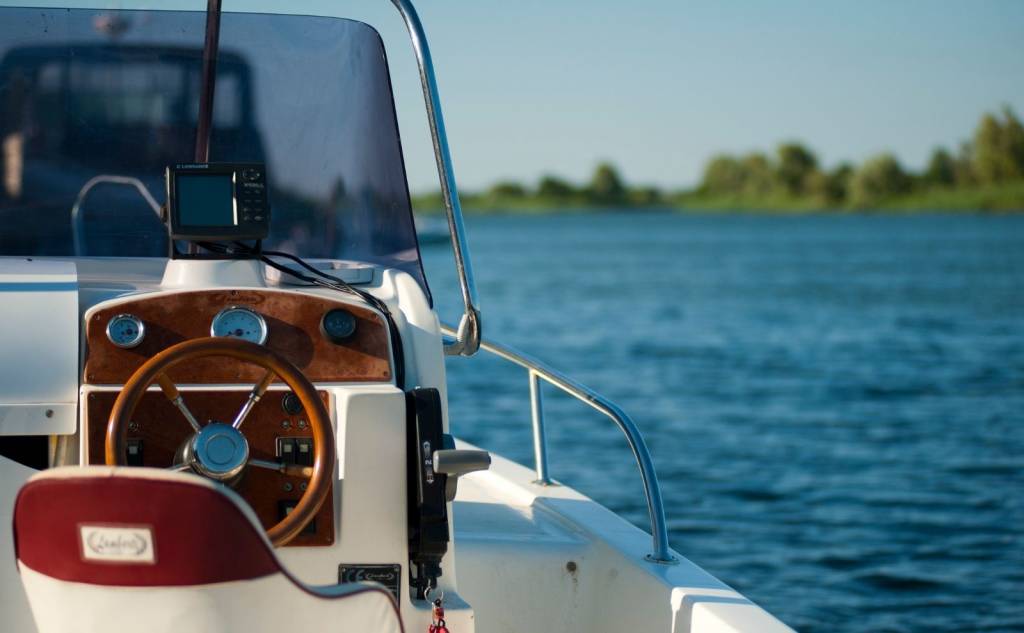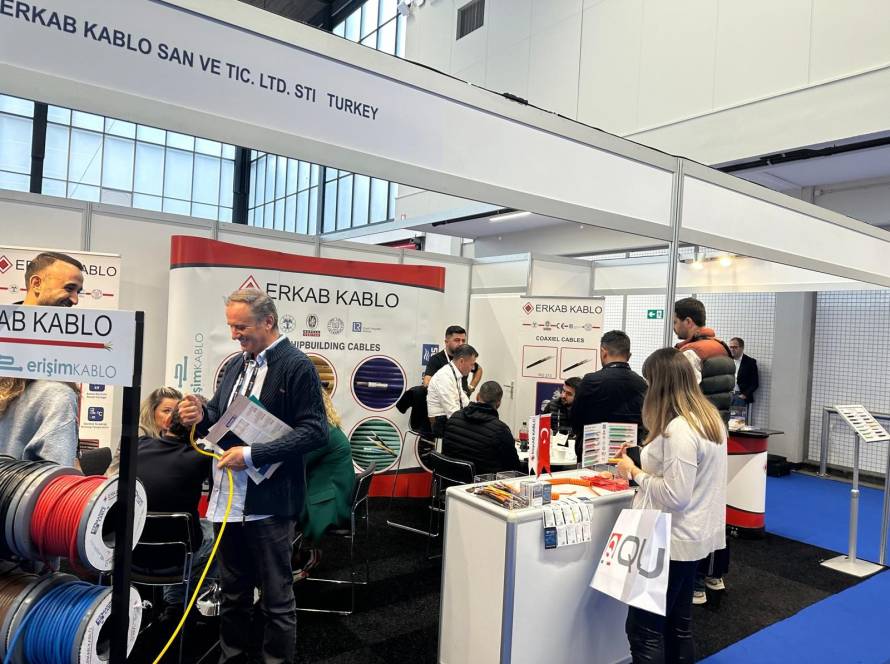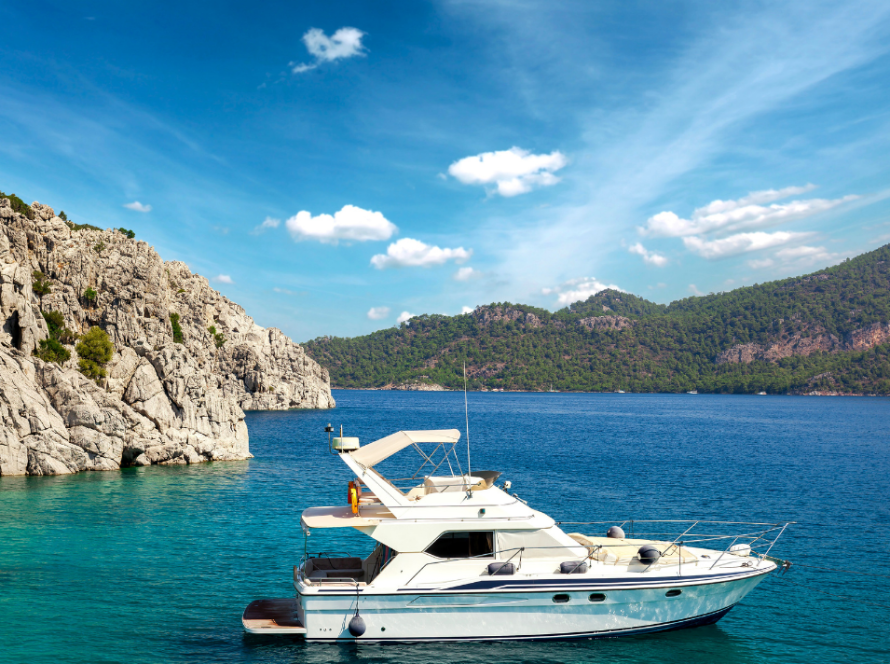In order to solve the problems experienced in the sector due to lack of information about marine cables, the following criteria can be taken into consideration when selecting marine cables;

- Use of environmentally friendly raw materials:
In order to protect the environment and human health; Cables containing heavy metals such as lead, mercury and cadmium should not be used. ROSH certified cables do not contain these heavy metals.
- Certified product selection:
The main raw material used in cables is copper. Copper is an expensive metal. Cable manufacturers use copper in minimum cross-section to reduce costs. Since there is no control in uncertified products, missing material may be used in the cable and the user may not understand this. That’s why using certified products is very important.
- Corrosion resistance:
Sea water and wind have a negative effect on the metal and cause oxidation over time. This corrosion in the cables causes the current flowing through them to decrease and the cables to arc. Bare copper is a metal that oxidizes very quickly upon contact with air and water. In order to delay this corrosion, tin-plated copper conductors must be used in marine cables.
- Choosing the right section:
The fact that copper is a precious metal requires careful calculations and optimum cross-section use in the cables used. This is also an engineering job. By making good calculations, the use of sections that are thicker than necessary or shorter than necessary should be prevented.
- Use of shielded cable:
With the development of technology, the increase in the devices used on yachts and ships and the abundance of electromagnetic waves have made it necessary to prevent the interface created by the current passing through the cables. Shielding the cables used will minimize the interference of other devices. Aluminum foil shielding in marine type cables produced by Access Cable prevents the spread of interference outside the cable. Additionally, during any fire, aluminum foil will delay the burning process of the cable.
- Halogen free cable usage:
The insulation material used in cables contains Chlorine gas, which contains halogen in PVC. This gas is released during a fire and combines with hydrogen gas in the air and becomes a poisonous gas as HCl.


